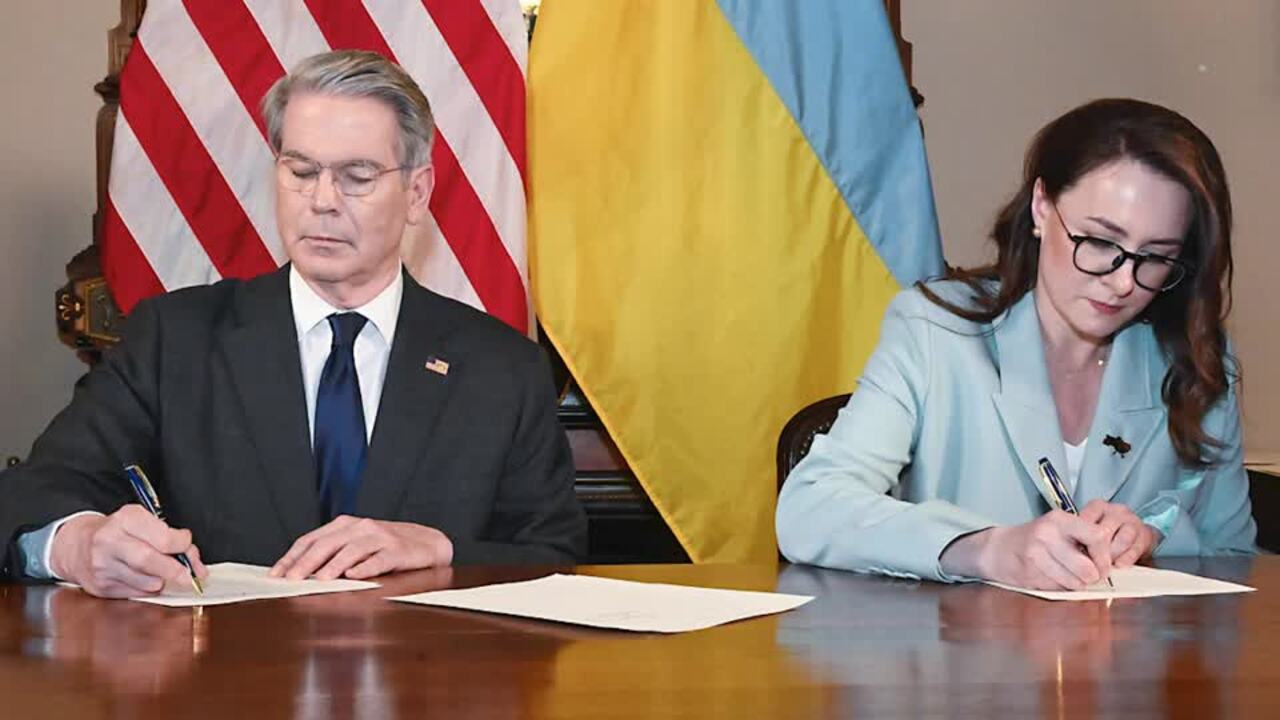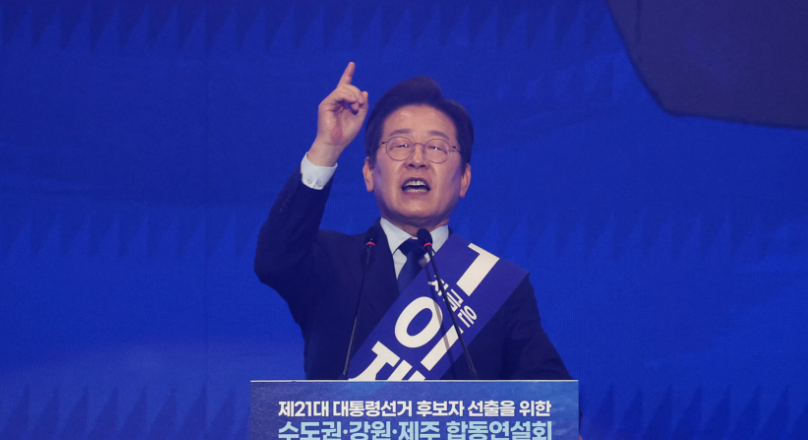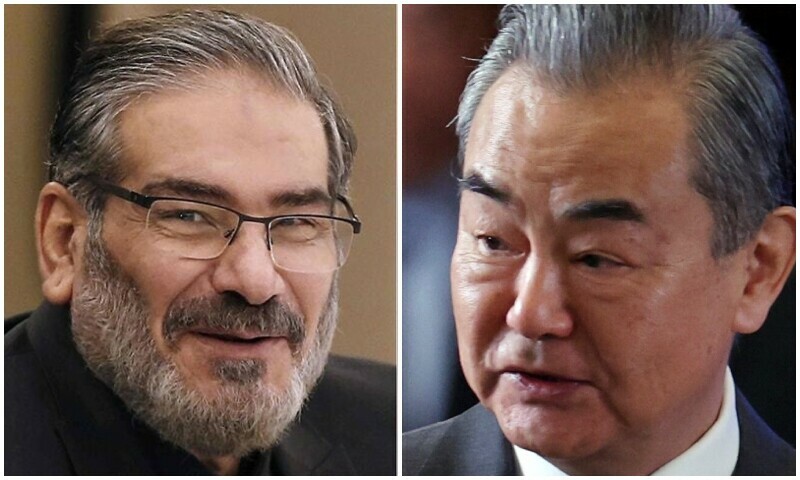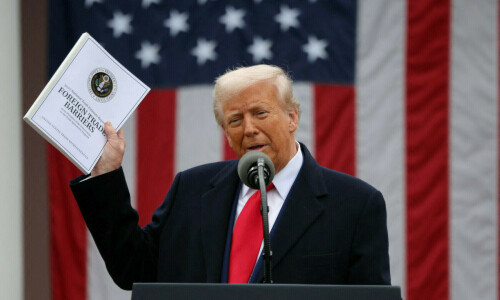WORLD NEWS

Ukraine and the United States signed an agreement on Wednesday that will provide the U.S. with preferential access to Ukraine's abundant rare earth minerals and contribute to funding Ukraine's post-war reconstruction. The deal, heavily promoted by U.S. President Donald Trump, follows months of sometimes tense negotiations, with an eleventh-hour snag causing uncertainty right before the signing.
The agreement establishes a joint investment fund aimed at rebuilding Ukraine as Trump continues efforts to secure a peace settlement in the ongoing conflict with Russia. Ukrainian officials see this deal as crucial to ensuring continued U.S. military and financial support for Ukraine’s defense efforts.
U.S. Treasury Secretary Scott Bessent and Ukrainian First Deputy Prime Minister Yulia Svyrydenko were pictured signing the deal in Washington, with the Treasury emphasizing that the agreement "signals the Trump Administration's commitment to a free, sovereign, prosperous Ukraine."
In her remarks, Svyrydenko explained that the accord allows Ukraine to retain ownership of its subsoil and determine what resources are extracted. "In addition to direct financial contributions, the U.S. may also provide new assistance, such as air defense systems," she noted, although Washington did not comment directly on that point.
Ukraine’s vast natural resources, including rare earth metals used in consumer electronics, electric vehicles, and military applications, are central to the deal. Rare earth mining is currently dominated by China, and the U.S. has been seeking alternatives amid its trade tensions with China. Ukraine also possesses substantial reserves of iron, uranium, and natural gas.
As part of the agreement, Ukraine secured the removal of any requirement to repay past U.S. military assistance—a key concern in the lengthy negotiations. Importantly, there is no debt obligation under the agreement, which aligns with Ukraine’s constitution and its aspirations to join the European Union.
While the deal strengthens U.S.-Ukraine relations, it also highlights the divergent policies between the U.S. and Russia. Trump has shifted the U.S. stance on Russia, at times blaming Ukrainian President Volodymyr Zelenskiy for the war, and proposing peace terms that could recognize Russia’s territorial claims over Ukrainian regions, including Crimea. However, Zelenskiy has made it clear that Ukraine will never cede these territories.
In the broader context, Ukraine continues to explore security options with European allies, including the potential formation of an international force to protect Ukraine if a peace agreement with Russia is reached.




